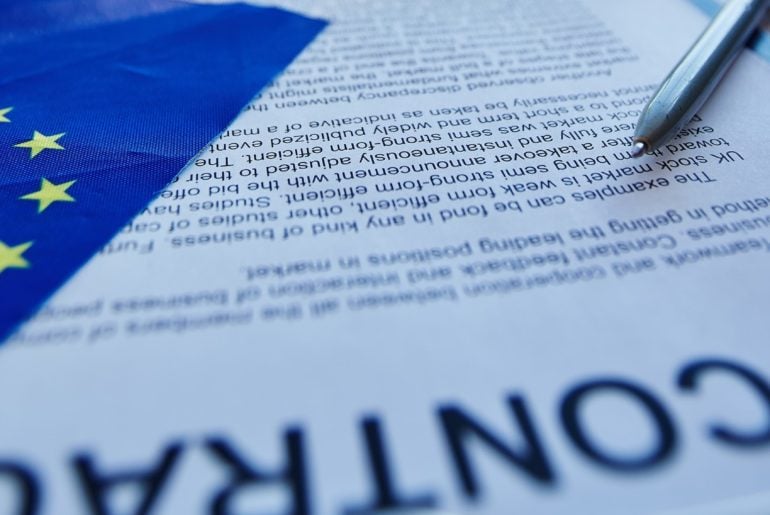28 January 2023 is Data Protection Day (or Data Privacy Day outside of Europe), which marks the anniversary of the Council of Europe’s Convention 108. To mark Data Protection Day 2023, Baker McKenzie’s Global Data Privacy and Security Team is pleased to present this special edition update of key data protection and privacy developments and trends across the globe, as well summarising future legislative changes, predictions, and enforcement priorities to look out for during 2023.…
In
Data Privacy
Data Protection Day – Key developments and trends for 2023
by Benjamin Slinn, Vinod Bange, Dr Lukas Feiler, Alissa Forstner, Liz Grimwood-Taylor, Anne-Marie Allgrove, Anne Petterd, Caitlin Whale, Adrian Lawrence, Toby Patten, Guillermo José Cervio, Valentina Salas, Valentina Biondi Grane, Elisabeth Dehareng, Caroline Serbanescu, Flavia Rebello, Theo Ling, Conrad Flaczyk, Nadia Rauf, Carolina Pardo, Magalie Dansac Le Clerc, Yann Padova, Florian Tannen, Dr Michaela Nebel, Prof. Dr. Michael Schmidl, Jiří Čermák, Milena Hoffmanová, Lenka Bešťáková, Francesca Gaudino, Yuki Kondo, Daisuke Tatsuno, Kensaku Takase, Dr. Csaba Vári, Marcia Lee, Benjamin Lau, Daniel Villanueva-Plasencia, Carlos Vela-Trevino, Elvia Aragon, Nathalja Doing, Teresa Tovar, Bienvenido A. Marquez III, Frederick August I. Jose, Radoslaw Nozykowski, Patricia Pérez, Peder Oxhammar, William Höglund, Emelie Ageby Svensson, Margarita Kozlov, Johanna Moesch (Mösch), Nadine Charrière, Muriel Binder, Jo-Fan Yu, Dhiraphol Suwanprateep, Pattaraphan Paiboon, Kritiyanee Buranatrevedhya, Thananya Chaikamonsuk, Can Sozer, Yigit Acar, Ecem Elver, Aybuke Gundel, Kellie Blyth, Maher Ghalloussi, Alex Toh, Ken Chia, Cristina Messerschmidt, Rachel Ehlers, Cynthia Cole, Brian Hengesbaugh, Stephen Reynolds, Nick Merker, Harry Valetk, Lothar Determann, Jonathan Tam, Helena Engfeldt, Maria Eugenia Salazar-Furiati, Manh Hung Tran and Jacqueline Wong
102 Mins Read







